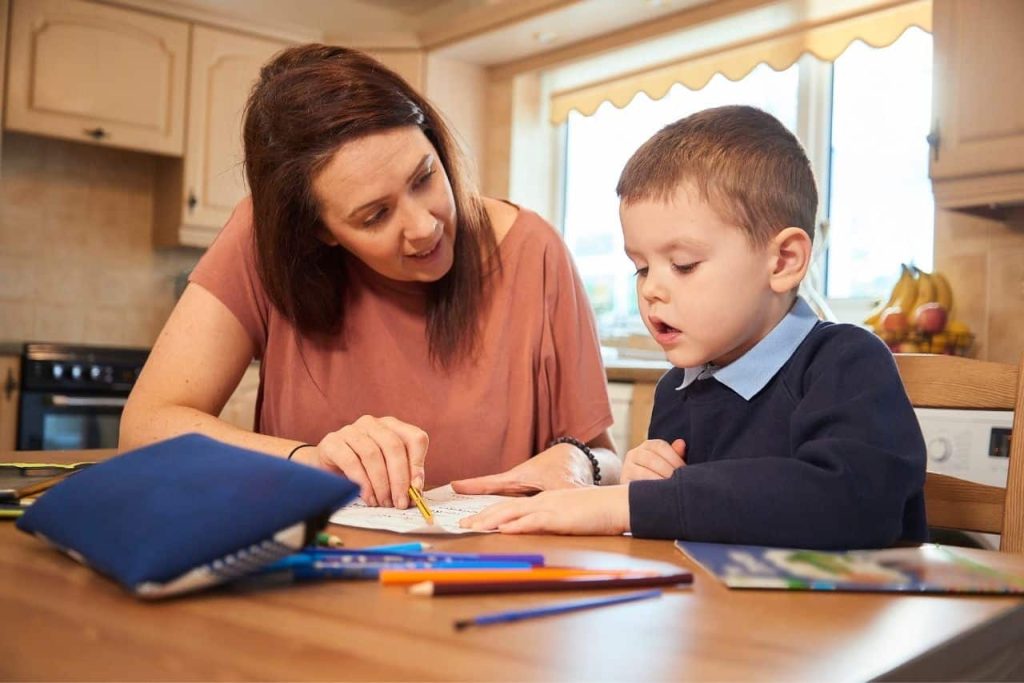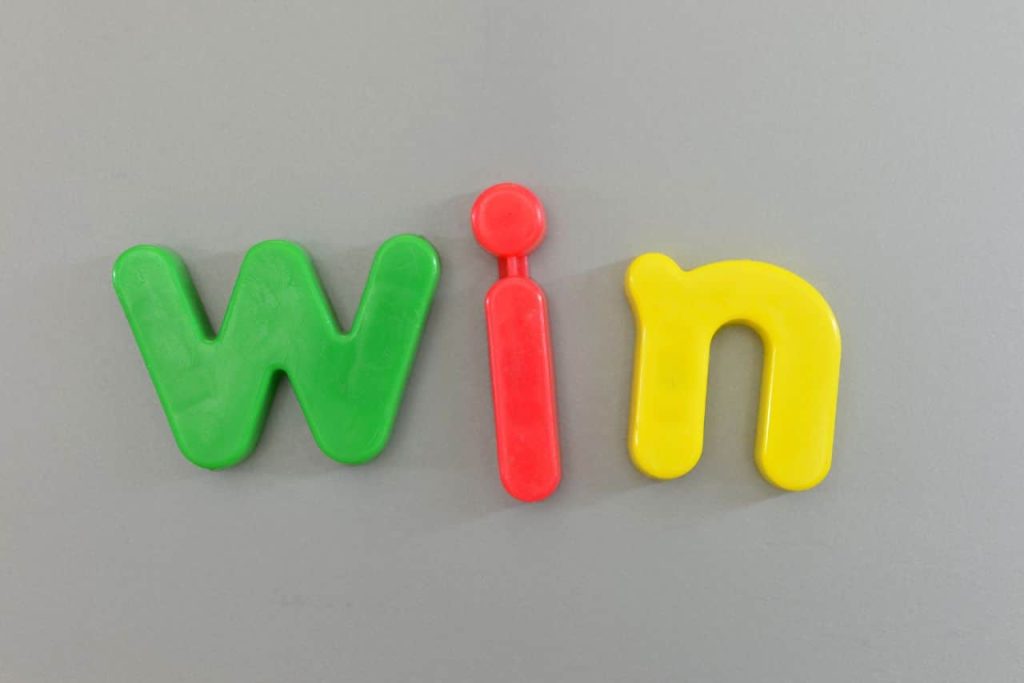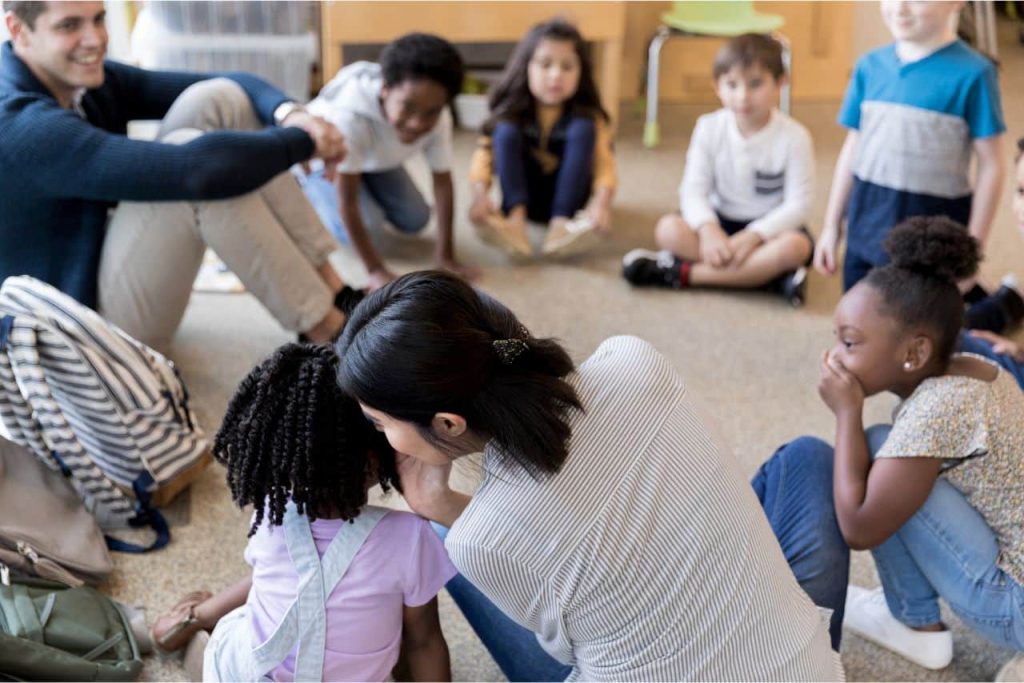Introduction
Phonological awareness is the ability to hear, identify, and play with individual sounds—or phonemes—in spoken words. It’s a critical skill for beginning readers, as it lays the foundation for being able to sound out words. And while some kids seem to naturally develop phonological awareness, others need a little extra help. If your kindergartener is having trouble, try these activities at home to give them a boost.

1. Visual discrimination

Play “I Spy.” This classic game is a great way to increase your child’s visual discrimination skills, which are important for being able to distinguish between similar-looking letters. To adapt it for phonemic awareness, look for things around the house that begin with the same sound—like two items that start with the /b/ sound, like a ball and a book. As you look for items, say the sound out loud so your child can hear it. For example, “I spy something that starts with /b/. Can you find the ball and the book?”
2. More discrimination & rhyming words

Use magnetic letters. Another way to work on visual discrimination skills is to use magnet letters on the fridge or a whiteboard. Write down a list of words that all start with the same sound (like /b/ again), then see if your child can find and match the corresponding letter tiles to spell each word. You can also use this activity to work on rhyming words—write down a list of words that rhyme and see if your child can match up the ones which have the same ending sound. For example hat, rat, bat, cat, mat.
You can also check out this free set of flash cards.
3. Individual sounds

Clap out syllables. This is a great way to help kids become more aware of individual sounds within words. Have your child clap out how many syllables are in their name, then try other one-syllable, two-syllable, and three-syllable words. Once they’ve got the hang of it, move on to four-syllable words (like “butterfly”) and challenge them to find things around the house that have as many syllables as the word you’re working on.
4. Auditory discrimination & auditory memory

Play telephone. This activity works on both auditory discrimination (the ability to hear subtle differences between sounds) and auditory memory (the ability to remember what you heard). Sit in a circle with your child and a few other children or adults and whisper a short sentence into the next person’s ear. The goal is for each person to repeat what they heard verbatim until it reaches the last person in the circle—without anyone writing anything down! This game will get progressively harder as it goes on, so be prepared for some hilarity when it finally reaches the end 🙂
5. Phonemic awareness
Make up silly songs together. This one is just for fun! But making up songs together is actually a great way to sneak in some phonemic awareness practice without your child even realizing it 🙂 Sing nonsense songs together using made-up words that all start with the same sound (like /b/ again), or come up with silly rhymes using words that have different beginning sounds but rhyme at the end (like hat/rat/bat/cat/mat). The weirder and sillier you can make them, the better!
Conclusion
A good way to understand what aspects of phonological awareness your child or student might need support in is to assess them. Dystech has an online reading assessment platform supporting hundreds of educators to assess phonological awareness in-person or remotely.
Phonological awareness skills are important for beginning readers because they lay the foundation for being able to sound out words. If your kindergartener is having trouble with phonemic awareness, try these activities at home to give them a boost: playing “I Spy,” using magnet letters, clapping out syllables, playing telephone, and making up silly songs together. With a little bit of extra practice, they’ll be reading better and more confidently in no time!